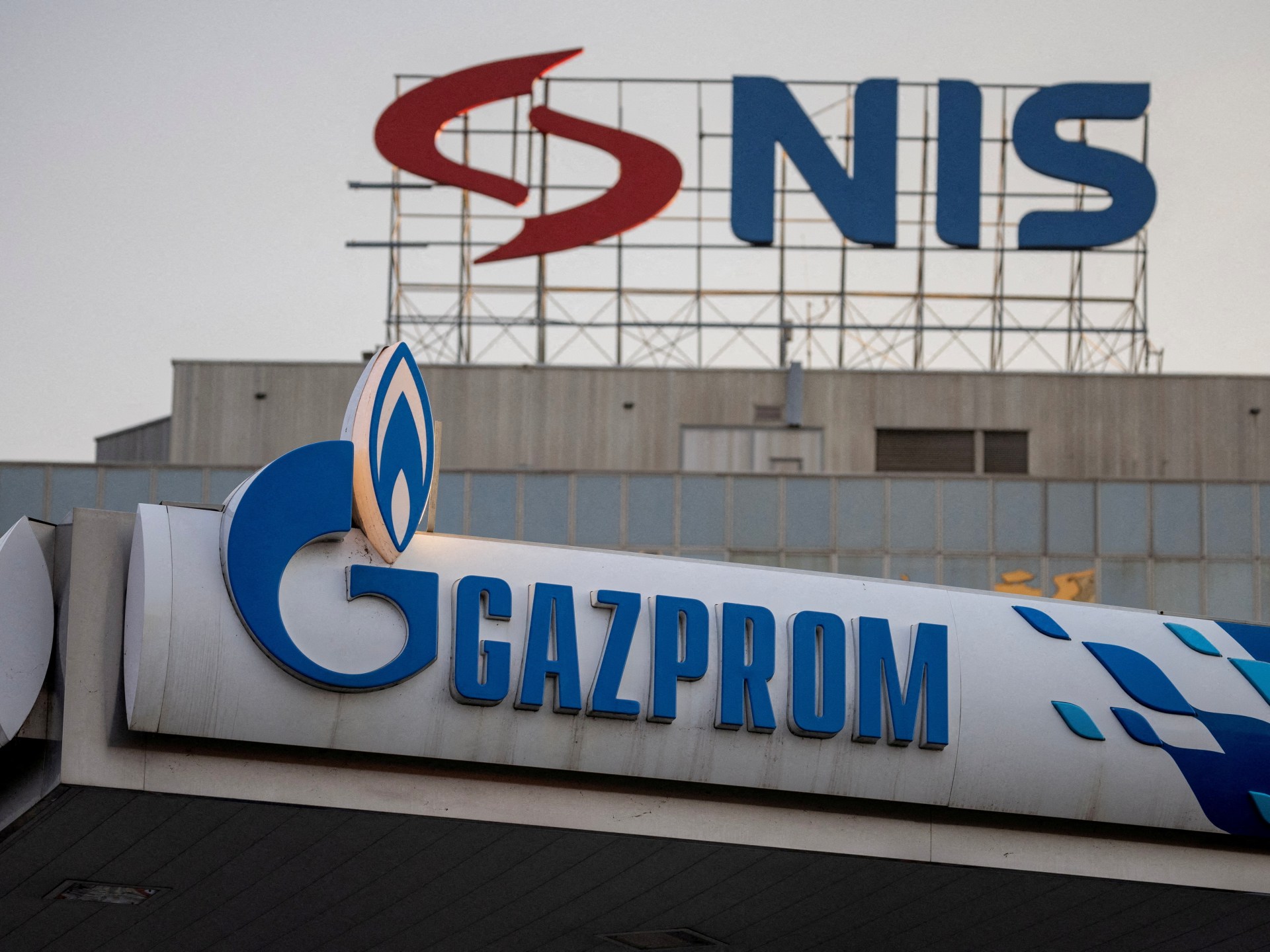If the US doesn’t lift sanctions against its majority-owned by Russia in connection with the Ukraine war, Serbian President Aleksandar Vucic has warned that the nation’s only oil refinery will shut down in four days.
Vucic announced on Tuesday that he would give Russia’s Gazprom and Gazprom Neft, who jointly own 56.2 percent of the Petroleum Industry of Serbia (NIS) oil company, 50 days to sell their stake or the Serbian state would offer to take over operations and make an offer to buy them out.
Recommended Stories
list of 3 itemsend of list
The option of seizing a Russian asset may not appeal to Vucic, who has close ties to Moscow, but he claimed that his nation had been put in an “increasingly difficult position” with “no easy solutions” as a result of Russian-led conflict.
The Pancevo refinery, the only oil refining facility in the nation, is being forced to stop receiving crude oil due to US sanctions, which were applied to NIS in October. Although it hasn’t been shut down yet, Vucic claimed that it is already operating at a slower rate than usual.
Serbia is dealing with a lot of issues, he said, noting that the US sanctions could have an impact on supply lines and electricity production in the middle of winter.
The Balkan nation has enough fuel reserves in the near future, but a total shutdown of its only refinery will halt production of gasoline, diesel, and jet fuel, according to Vucic, which could hurt the nation’s economy.
NIS stated in a statement that it put its Serbian refinery on a “hot standby” mode of operation, which would allow a restart once crude oil is available, as it began making preparations for a shutdown.
NIS continues to supply the country with petroleum products without interruption, according to the statement.
Russia’s oil sector was subject to sanctions by the US Treasury Department’s Office of Foreign Assets Control in January, including NIS, which was repeatedly granted waivers before the sanctions finally took effect in October.
Banks stopped completing NIS payments after sanctions were imposed, and Croatia’s JANAF pipeline forced the Balkan nation to look for alternative sources of fuel.
In addition, the Serbian central bank stated in a statement that, if the company’s operating license were not renewed, it would stop all payments to NIS.
Washington requested full Russian divestment from NIS, and on November 5, it gave the company’s owners until February 13 to find a buyer for the Russian stake.
According to Reuters, Gazprom Neft owns 44.9 percent of NIS and 11.3 percent of NIS, respectively. Serbia  owns 29.9% of the shares, with the remaining remaining owned by small shareholders.
Share this:
Related
Source: Aljazeera

Leave a Reply